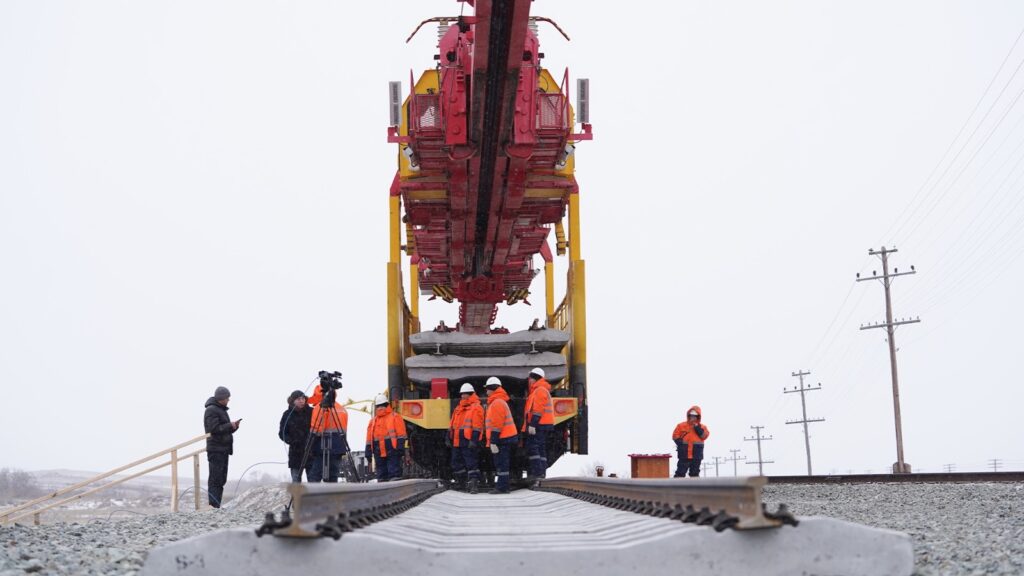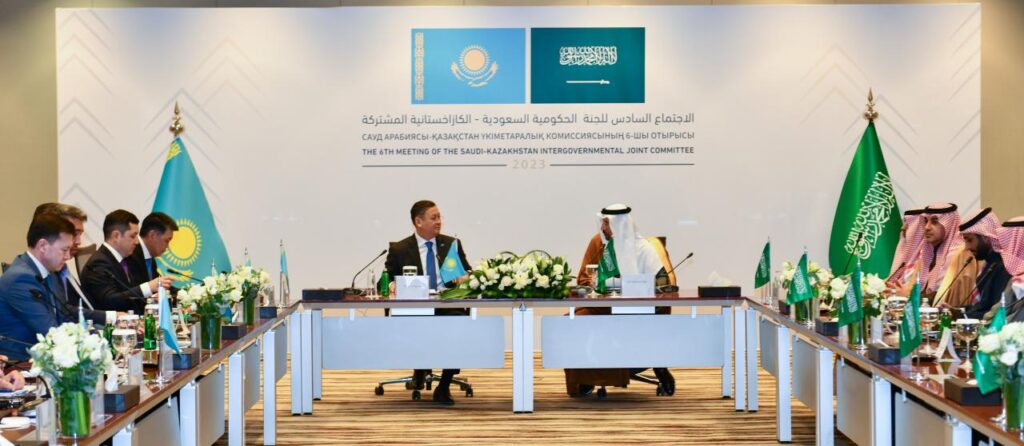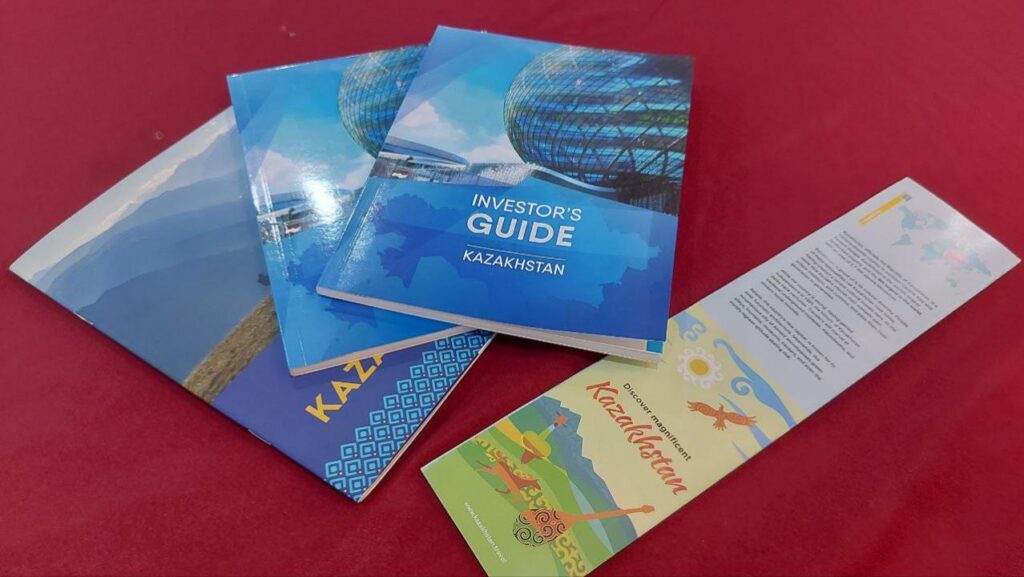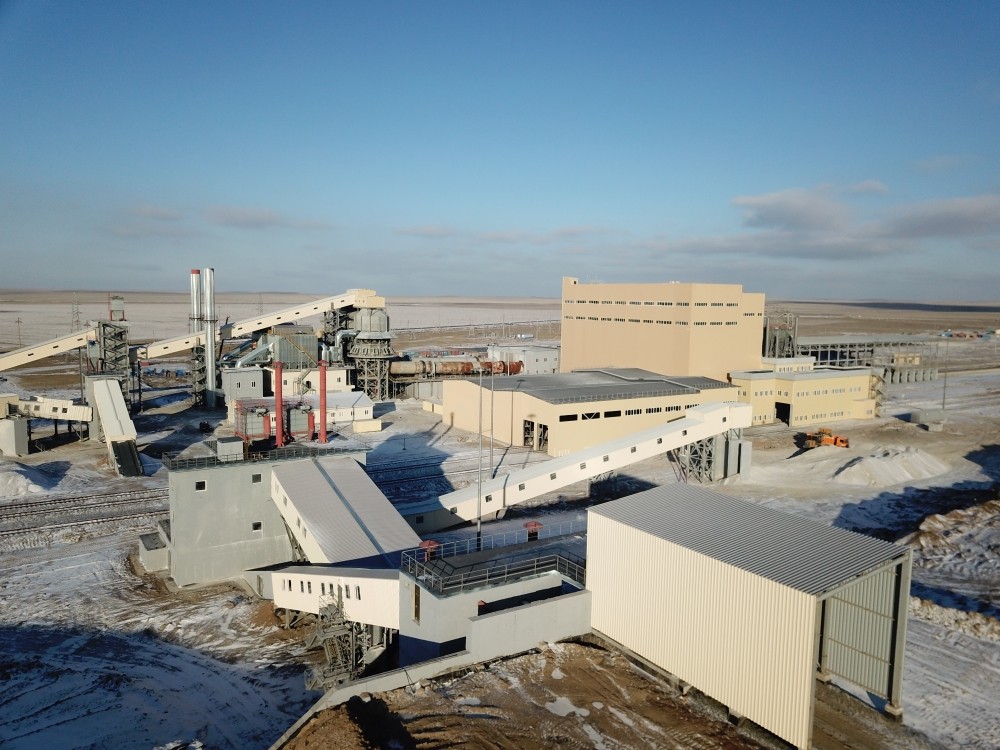Kazakhstan Launches Construction of New Railroad to China
The Prime Minister of Kazakhstan, Alikhan Smailov, via a teleconference on December 20th officially inaugurated the construction of a new railway line, Bakhty-Ayagoz, with a total length of 272 km in the Abay Region of southern Kazakhstan. The project is being implemented upon the instruction of President Kassym-Jomart Tokayev to increase the transport and transit potential of Kazakhstan. The project also involves the opening of a third border crossing with China, Bakhty-Chuguchak. The railway line will increase the throughput capacity between Kazakhstan and China from 28 million to around 48 million tons, lessen the burden on the southern checkpoints, and attract additional volumes of transit. It is planned that the double-track line will begin operating in 2027. The large-scale project will be realized with the participation of a private investor on PPP principles. During the ceremony, the Prime Minister stated that last year Kazakhstan's railroads transported the largest volume of cargo since the country’s independence, which amounted to 245 billion tons/kilometer. These rates have been maintained in the current year, despite the geopolitical situation and infrastructure constraints.[/vc_column_text][vc_single_image image="12823" img_size="full" el_class="scond-image" parallax_scroll="no" woodmart_inline="no"][vc_column_text woodmart_inline="no" text_larger="no"]"Over the past five years, the volume of transit container transportation has grown 3.2-fold. Existing transit corridors are being expanded, and new ones are being opened. The Trans-Caspian International Transport Route, North-South and Southern corridors have become particularly relevant," Smailov said. At the same time, the throughput and infrastructure capacities have reached their peak. To address this strategic issue, a decision was made to implement a number of infrastructure projects in the rail industry. The new line is expected to help increase Kazakhstan's exports and the transit of goods from Russia to China and back.








